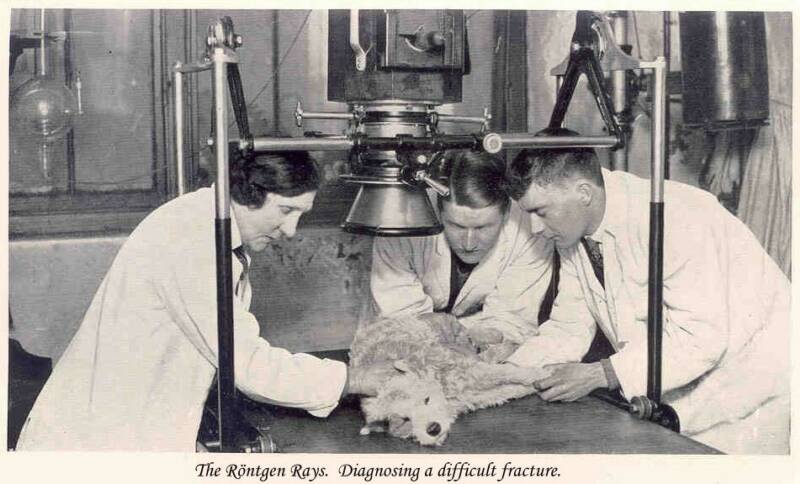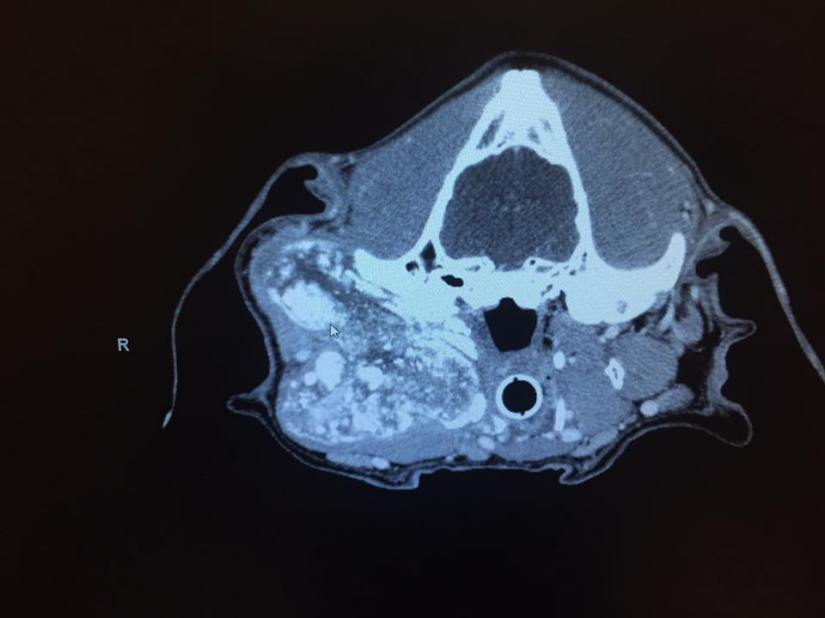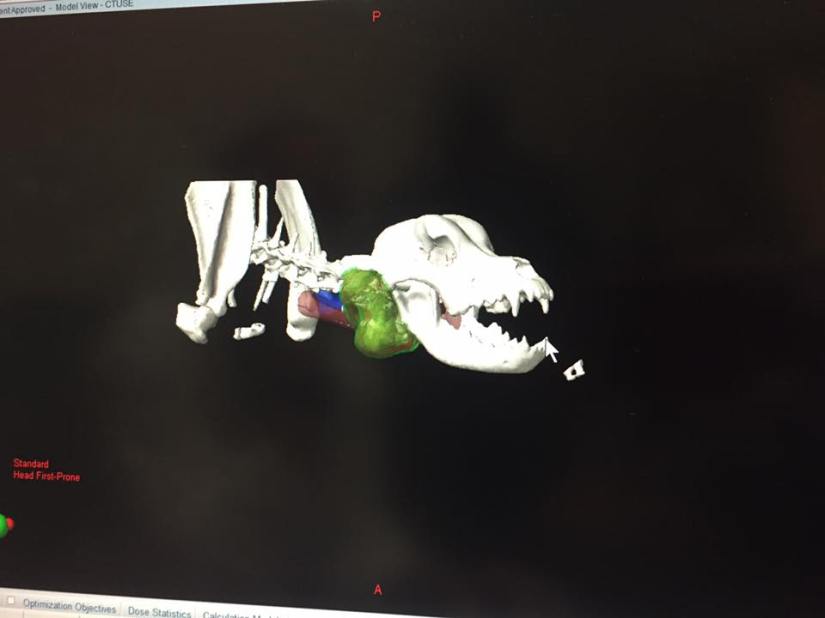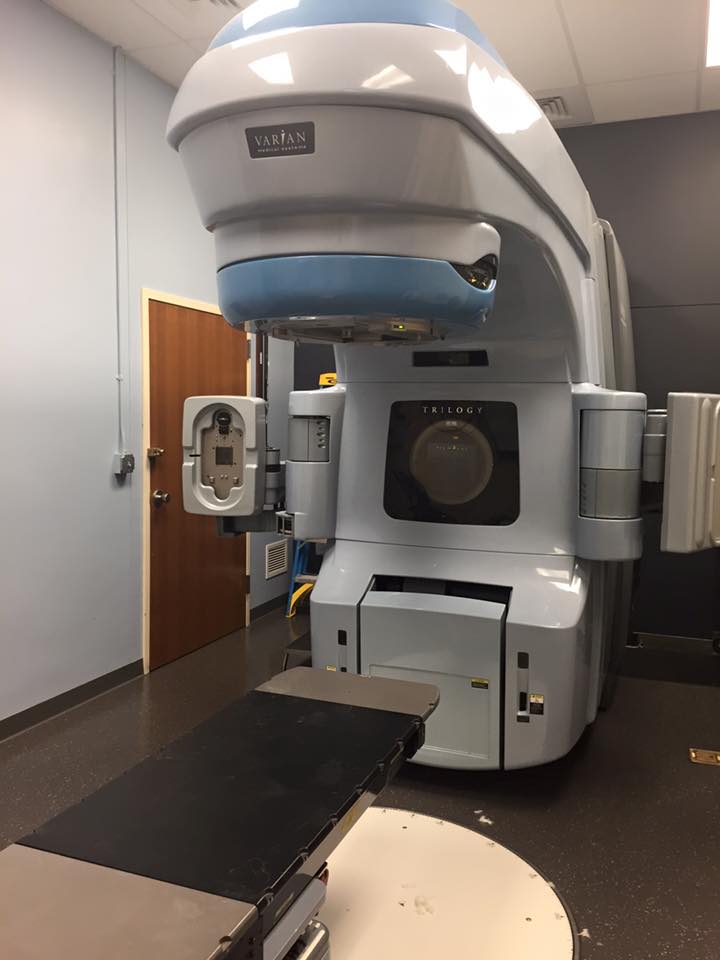I was in veterinary school when I acquired my first pet as an actual adult, a little Chocolate Lab puppy. Then I quickly learned as a I went thru my veterinary school courses of all the things that could go wrong or accidents that could happen in this puppy’s lifetime. Then I became a hypochondriac and with each new disease I learned about, I was convinced my dog had “IT”. Gagged once= probably Physaloptera sp. esophageal worms. My mind was frantically planning for the esophageal endoscopy. When he misstepped across the yard my mind rushed to the diagnosis of debilitating hip dysplasia that would certainly need a total hip replacement. The good news is he coming 11 years old now and really hasn’t had all those rare and not so rare diseases I had learned of.

I also learned there were more and more options for my pet’s health care and with those options and expertise came expense. Pet health care is expensive. This puppy was family and if needed care to save his life or give him the best quality of life I wanted to have that option, even though my pocket book as veterinary student was pretty devoid of means of doing so. I remember the dogs I had growing up and the extent of their veterinary care and expense. We hauled them to City Hall once a year for “shots” and treated the random ear infection or rash. Veterinary medicine had changed a bit since.

We were active in DockDogs, a community of dog competitors and athletes and Embrace Pet Insurance was offered at a discount to participants and many raved about the benefits of health insurance so I signed up. When clients ask me about whether insurance would be a good idea also my single biggest question is:
“If money were no object, what would you do for your pet?”

My former canine athlete Brody

In veterinary school I learned about the many advanced care options available including imaging, cancer treatment, critical care/ICU stays, or complex surgical or dental procedures. These wonderful options could quickly deflate a savings account. Not to mention the pets we treated with chronic illnesses such as allergies, where the costs added up more slowly but steadily. If money was no object, would I want these options for my pet? The answer was “Yes!”.
“Could I have set aside funds every month for the emergency or severe illness I dreaded?” Sure.
But I also knew care could be in the thousands. At $20-30/month my pet was covered for the worst…which could cost thousands of dollars. At that same rate of savings it would take my 150 months, or 12.5 years to save $3000 as an emergency fund. I could have played the odds that my pets would be healthy and have no issues in their lifetime but as a veterinarian I knew the reality. Over 50% of dogs over the age of 10 will develop cancer. And how many puppy owners I saw that had just dropped down a sum of money for their new pup, collar, kennel, and food only to struggle to find the $1000 it would need when that same clumsy puppy tripped up the stairs and broke its leg.

I have sat with clients that had no money but had all the want and willingness to help their pets and there is NO worse feeling. I have worked for free, had the pets relinquished, or found resources or rescue groups to help but there are only so many dollars available. No one expects bad things to happen to them and so that is where insurance may be worth the money.
So I got pet health insurance and paid my monthly premium and thought about the money I was “wasting” and how I should be investing it in retirement. We had actually talked about dropping it. Why would a vet have health insurance…it seemed most things to fix where within our budget and manageable.
Then I felt a firm boney mass near my soul-dog’s ear, arising from his skull. My Newfoundland had bone cancer. As a veterinarian I knew I could do nothing and he would be gone in months or I could seek care and hope for better. There were just a few places that offered the treatment options we needed, including Flint Animal Cancer Center in Fort Collins, CO. So we loaded up as a family including my 2 week old newborn and traveled for stereotactic radiation.
The price tag was about ~$10,000. No way, no how could I have justified that expense with the costs of a newborn, student loans, and life. I would have been limited to the option of pain meds and waiting. But my Embrace Plan, the same one I had contemplated cancelling months before, paid 90%.


$10,000 may be crazy to spend on a dog…any dog… soul mate or otherwise but I figured a bargin compared to the cost of that same technology applied in human health care. When owners complain about the costs of veterinary care being more than human health care it highlights the misunderstanding. The same supplies, drugs, education, equipment sits in our veterinary hospitals but as pet owners we pay out of pocket and feel every single penny leave our wallet. I have received statements and bills from hospitals and half the time I have no idea what was charged to the insurance company (in my mind it reads: $40 million dollar IV catheter. You own $1.47! So someone, somewhere paid or negotiated the difference).

Then Piper, our beloved GSP, developed Congestive Heart Failure. Echocardiograms and monitoring were doable without the worry of cost. I had considered stem cell treatment for her shoulder arthritis and had the $2000 cost approved through insurance before her heart condition worsened. Then that same puppy I acquired in vet school now with a gray face and aging body, developed a limp. I had done rads after rads with radiologists reviewing and though I suspected elbow arthritis, never got the answer I needed. A visit to Colorado State University and a CT scan provided the answer I needed to know.
So when we got a new puppy that was learning how to explore the world with its toxins and hazards and how to use its limbs without falling or tripping, it made complete sense he needed health insurance too. I couldn’t stomach the thought of not being able to offer him the care I knew was available just because money was the limiting factor.
Houses, boats, and cars…well they all have a set insurable value. But pets their value is determined by our connection to them. For some they may be totally replaceable but not in my world.
It may come down to priorities…what do you want to spend your hard earned dollars on. I value health care and realize the options and associated expense that comes with it. My pets are family and I want the best for them. I just don’t have unlimited funds to do that so insurance has helped offset the financial strain.
In addition to the question of “What is your pet worth to you?” I would consider “Are the odds in your favor?”.
The reality is certain breeds are more prone to medical issues such as cancer or orthopedic disease. General higher risk breeds may include the giant breeds such as the Newfoundland, Great Dane, or Mastiff and also Bulldogs (I once saw a bumper sticker that read “Support your veterinarian. Buy a Bulldog” and perhaps there is some truth in that).
Is your pet’s lifestyle such that an injury like a broken bone or athletic injury more likely to occur? This could include the canine athlete or working dog (hunting, ranch dog, or competitive dog) or the dog that runs at the family farm (with its associated risks of livestock, 4-wheelers/Quads, toxin, etc) on the weekends. Then insurance may be worth it.
No one gets home insurance planning for the day it burns but the reality is insurance is there if the worst should happen. Pet health insurance is largely designed to cover your pet’s accident and disease, not wellness care.
There are several insurance options and resources to fit your unique needs and budget. The following companies are consistently well rated and recommended (Insurance Comparisons) : PetsBest, PetPlan, Embrace, and Healthy Paws.
My General Considerations are:
1) Does the policy cover hereditary or congenital diseases? If you have a Lab and they don’t cover cruciate disease surgery your plan won’t be very helpful to you. Research the diseases must likely to affect your pet’s breed and read the fine print to ensure you are covered.
2) How are pre-existing conditions handled? This is still the world of insurance so if you pet has developed a disease such as allergies or hip dysplasia prior to acquiring your plan prepare for limitations in your coverage of the condition. The best way to get around pre-existing conditions is to get insurance early in your pet’s life.
3) What are the limits and deductible? Like all insurances, a higher deductible will mean a lower monthly premium. I personally have a higher deductible with the idea that my plan covers for the big and major. Some have no annual limits, others might.
4) How much and what do you want covered? Are prescription drugs covered? If you have an athletic dog such as a hunting dog which may be prone to injury you may want to make sure rehab services are covered. You may need to tailor your plan if you wish to have routine vet care (vaccines, dental cleanings, heartworm testing, etc) covered.
5)How do they pay out? I prefer they pay a portion of my bill and not a set amount for the condition. Costs vary from location to location and this ensures I am not having to price shop. Most plans can be tailored to cover anywhere from 70-90+% of the treatment costs.
Pet health insurance isn’t for everyone. Only a small percent of the millions of pets in this country are insured but I am glad for the option and how it helped my family make decisions based on medicine and not money. Could my pet’s go their lifetime and I never get my money back? “Sure”. But their policy could also prevent heartbreak if the worst does happen.
Some additional resources:
2017 Canine Journal’s Top 3 Comparison


Upon rescuing a purebred Standard Poodle puppy mill survivor I learned all too late the concept of existing pre-conditions. Having owned Elsa only 2 weeks, she started having seizures before we could submit the insurance app. Now I pay $60 mo. in anti-seizure meds but not after that first weekend hit of $1100 of emergency care for Grand Mal seizures. *Sigh* But I wouldn’t trade her for the world and hope to keep her healthy and well for a good long time. Necessity being the mother of invention, I’ve learned a lot about canine seizures, and a few strategies have helped with both intensity and duration. When you get a rescued dog, anything is possible, including loads of tail wags, puppy kisses and a few swallowed socks and assorted chewed items. 😉
LikeLike
So true! Glad she is doing well now.
LikeLiked by 1 person
Thank you, every day is an adventure but she’s a quick learner.
LikeLike